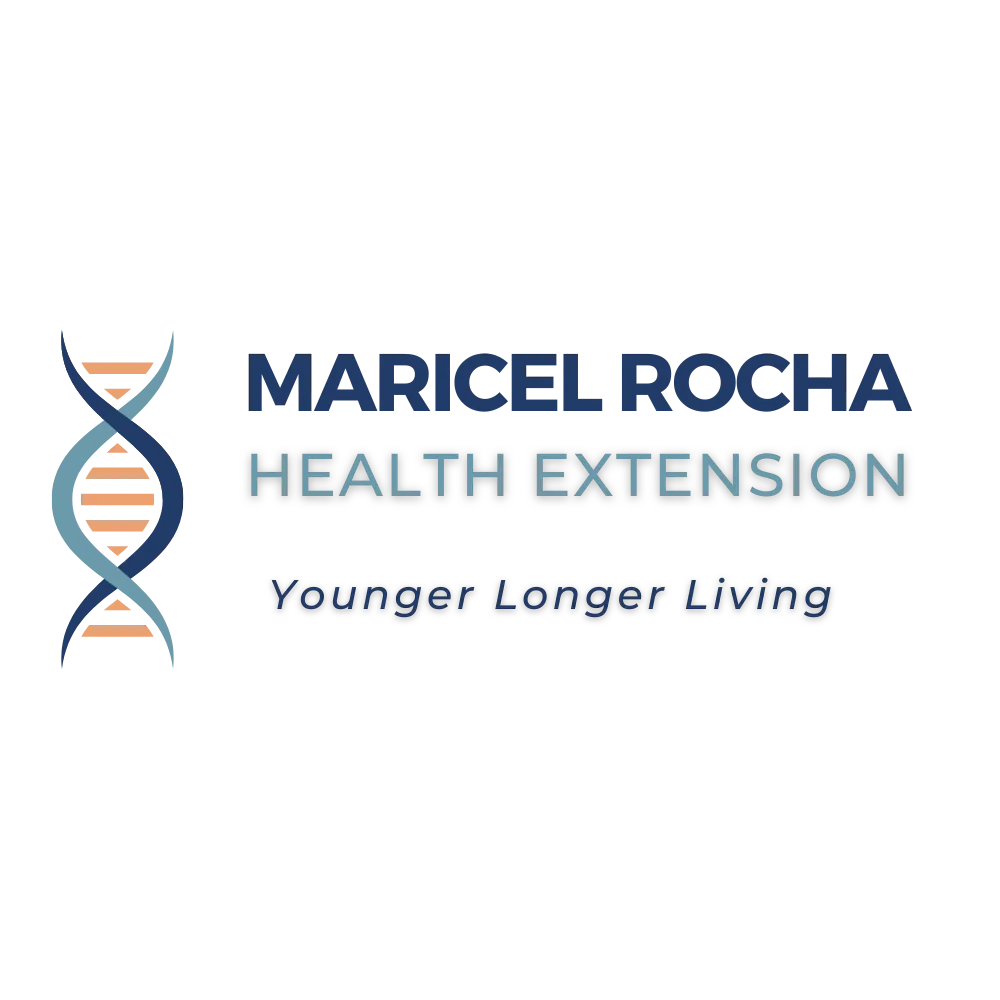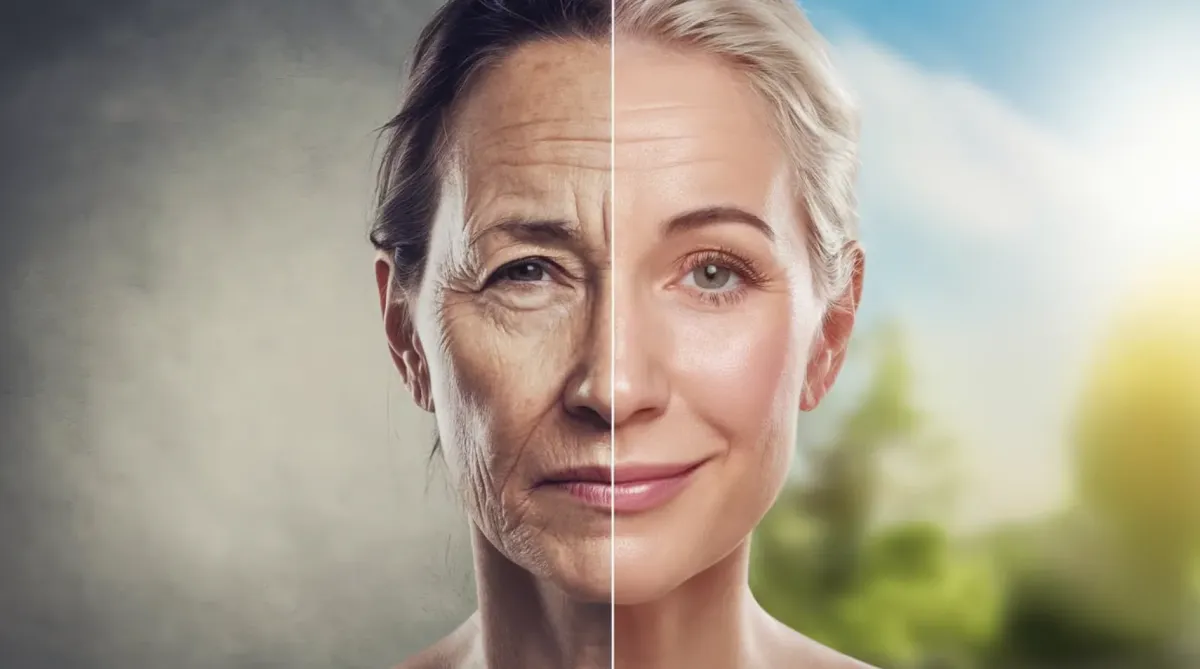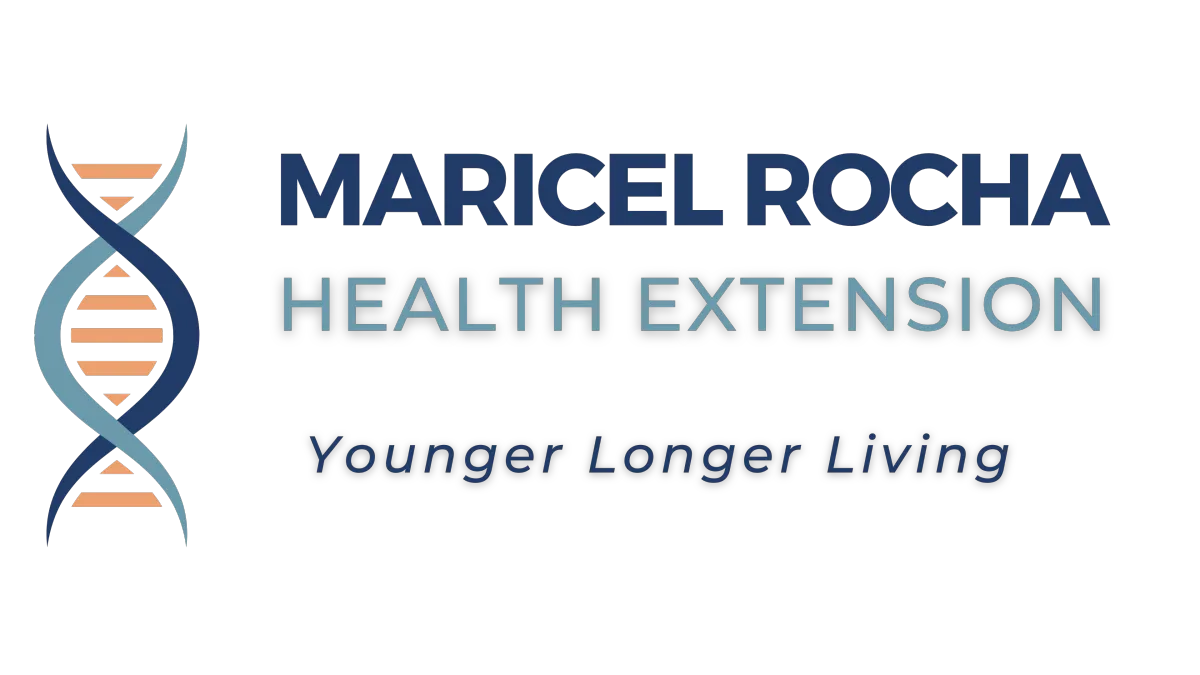
Live Younger, Longer—Backed by Science.
Health Made Simple—Backed by Science, Personalized for You.
Discover the Hidden Obstacles Aging You
Take the quiz to uncover what’s accelerating your aging and start reversing time today.

IN PARTNERSHIP WITH
The Most Advanced Epigenetic Analysis for Research & Discovery
TruAge™ is the most accurate, revolutionary, biological age predictor. Biological age is a measurement of your age, based on various biomarkers.
Using cutting-edge technology and powerful algorithms, we are able to look at specific locations on your DNA, allowing us to predict your biological age! You can also learn how many years of of healthy life you have ahead (healthspan) and start preventing chronic diseases right now.
The TruAge and TruHealth™ Tests, are available through Maricel Rocha Health Extension and can be delivered straight to your doorstep!
Resources for every stage of the journey

Self-Study
Learn and Practice on your own time, but with the tools, resources and our instructions on extending your health.

Group Coaching
Feel and Look 10 Years Younger in this 6-week Program, made more fun as you journey with a community of like-minded people.

1-on-1 Coaching
Hop on a complimentary Discovery Session and dive deep into your development with personalized guidance.

I am so grateful for the coaching I received from Maricel.
Her expertise in mindset and self-confidence has made a world of difference in my life.
Not only have I become more self-assured, but I've also seen
significant improvements in my personal and professional relationships.
Maricel's personalized approach and genuine care for my well-being made all the difference. I can't recommend their coaching services enough!
— Maritere Bellas

From the very first day I started working with Maricel, I knew I had found
the perfect coach to guide me on my journey towards the best version of myself, including nutrition, hydration, and self-confidence. Her incredible understanding of my unique challenges and kind support has been a true gift.
With Maricel by my side, I've been able to break through barriers and access information that previously seemed unattainable.
Her ability to communicate complex concepts in a way that resonates with me has been invaluable. I am forever grateful for the guidance, inspiration, and partnership that Maricel has provided – she truly is a gift from heaven!
— Gabriel A

With her guidance, I was able to lose weight (and keep it off), improve my quality of sleep, and better navigate life changes that happen as you age.
I feel younger and happier as a result. Maricel's empathetic and dedicated coaching style is truly one-of-a-kind, and I highly recommend Maricel’s services to anyone seeking a healthier, happier future.
Thank you, Maricel, for making a profound difference in my life. I think you're amazing and everyone should be lucky enough to work with you.
— Evelyn B
BLOGS & OTHER FREE RESOURCES

The Longevity Clock: How to Align with Nature’s Rhythm to Slow Down Aging
Align with your body’s circadian rhythm to slow aging. Discover daily habits that boost metabolism, protect cellular health, and support longevity and energy. ...more
Epigenetics
September 23, 2025•3 min read

Why You Can Spike Blood Sugar Without Eating: The Cortisol-Glucose Connection
You can spike blood sugar without food. Learn how stress and cortisol impact glucose—and how one habit can help you stabilize energy and sleep. ...more
Epigenetics
September 12, 2025•3 min read

Is Chronic Inflammation Making You Age Faster? Here’s How to Tell—and What to Do About It
Discover why chronic inflammation is a hallmark of aging, the symptoms to watch for, key biomarkers to track, and lifestyle shifts to reduce risk and extend your healthspan. ...more
Epigenetics
August 28, 2025•7 min read

© 2025 | MaricelRocha.com | All rights reserved
